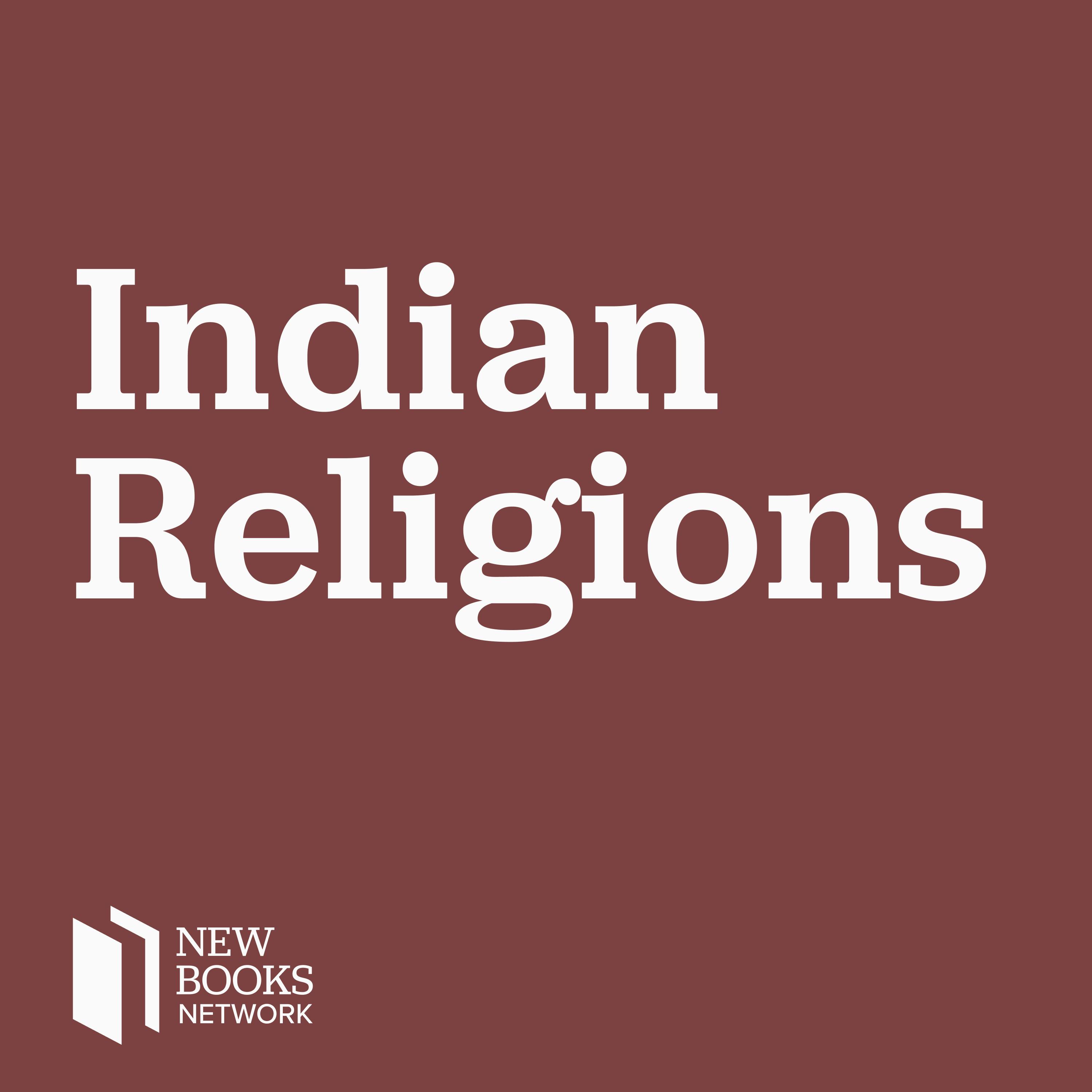John Stratton Hawley, "A Storm of Songs: India and the Idea of the Bhakti Movement" (Harvard UP, 2015)
Description
India celebrates itself as a nation of unity in diversity, but where does that sense of unity come from? One important source is a widely-accepted narrative called the “bhakti movement.” Bhakti is the religion of the heart, of song, of common participation, of inner peace, of anguished protest. The idea known as the bhakti movement asserts that between 600 and 1600 CE, poet-saints sang bhakti from India’s southernmost tip to its northern Himalayan heights, laying the religious bedrock upon which the modern state of India would be built.
In A Storm of Songs: India and the Idea of the Bhakti Movement (Harvard UP, 2015), John Stratton Hawley clarifies the historical and political contingencies that gave birth to the concept of the bhakti movement. Starting with the Mughals and their Kachvaha allies, North Indian groups looked to the Hindu South as a resource that would give religious and linguistic depth to their own collective history. Only in the early twentieth century did the idea of a bhakti “movement” crystallize—in the intellectual circle surrounding Rabindranath Tagore in Bengal. Interactions between Hindus and Muslims, between the sexes, between proud regional cultures, and between upper castes and Dalits are crucially embedded in the narrative, making it a powerful political resource.
A Storm of Songs ponders the destiny of the idea of the bhakti movement in a globalizing India. If bhakti is the beating heart of India, this is the story of how it was implanted there—and whether it can survive.
Atreyee Majumder is an anthropologist based in Bangalore, India. She tweets at @twitatreyee.
Learn more about your ad choices. Visit megaphone.fm/adchoices
Support our show by becoming a premium member! https://newbooksnetwork.supportingcast.fm/indian-religions
More Episodes
Mirabai, an iconic sixteenth-century Indian poet-saint, is renowned for her unwavering love of God, her disregard for social hierarchies and gendered notions of honor and shame, and her challenge to familial, feudal, and religious authorities. Defying attempts to constrain and even kill her, she...
Published 05/02/24
What does cow care in India have to offer modern Western discourse animal ethics? Why are cows treated with such reverence in the Indian context? Join us as we speak to Kenneth R. Valpey about his new book Cow Care in Hindu Animal Ethics (Palgrave Macmillan, 2019). Valpey discusses his...
Published 04/30/24
Published 04/30/24


